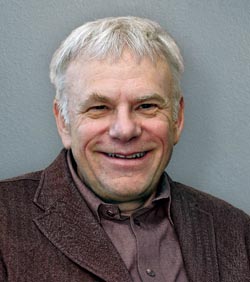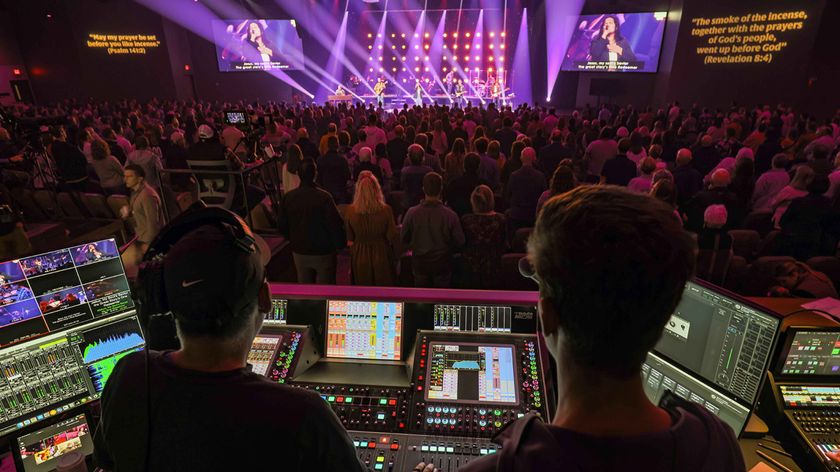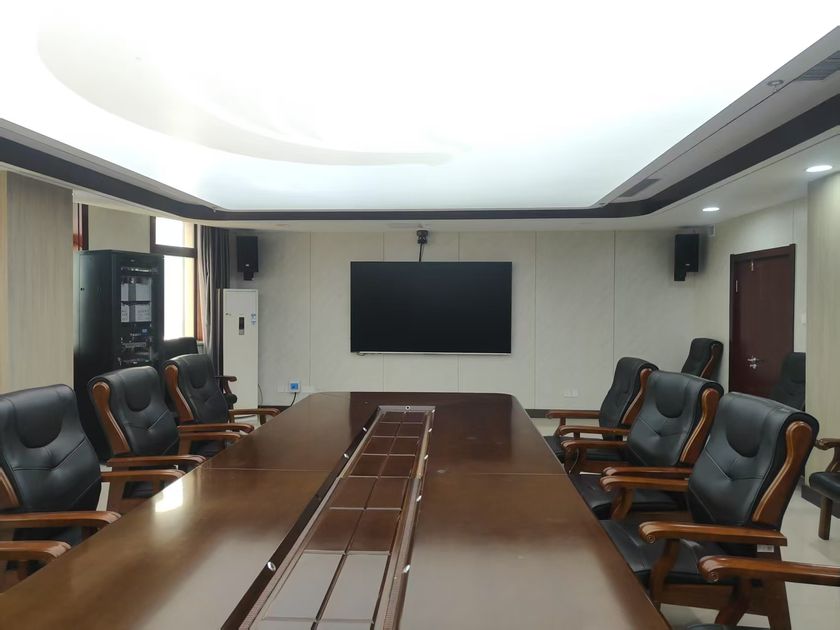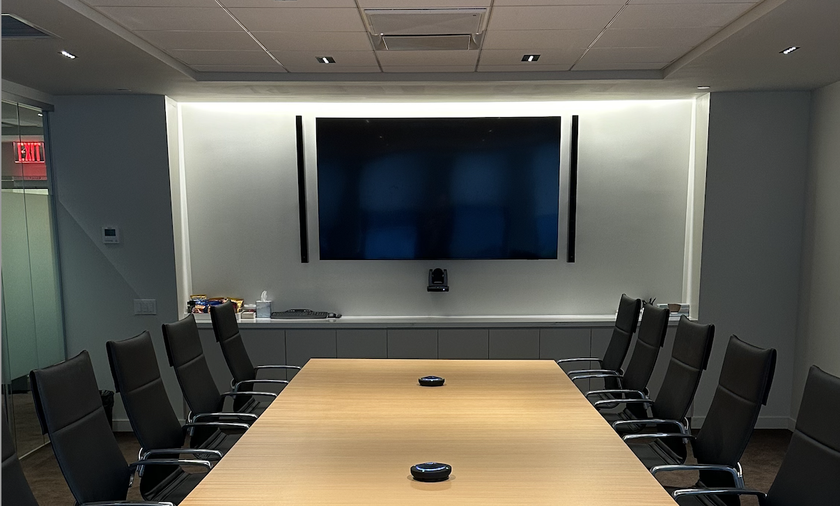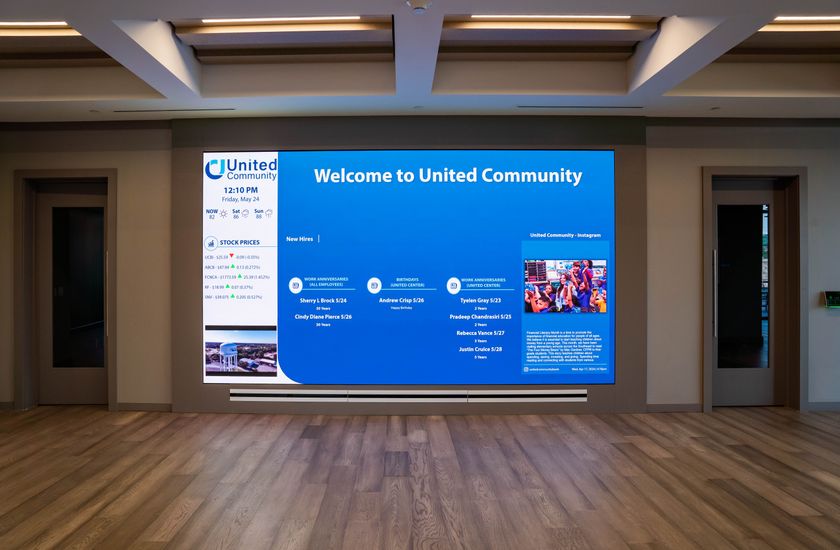Name: Dane Butcher
Company: Symetrix
Title: President
Overtime: The commercial installation market forces Symetrix to constantly ask the question "What can we do to play well with others?"
SCN: In the course of your career, you've been a performer, a recording engineer, a systems installer and a studio tech. How would you say that these diverse skills have informed your work in manufacturing?
Dane Butcher: As I learned how to develop manufacturable products, I needed to acquire an entirely new skill set that fell outside of the scope of my early career. In other words, I see the kind of product development that I do now as being based on two broad skill sets: 1.) interpretation of what the markets want and need and 2.) embodiment of those needs into manufacturable, reliable, and competitive pieces of hardware and software. After launching Symetrix I soon realized that when it came to item number two, I was pretty much staring at a blank slate. I was facing lots of on-the-job-training, you might say.
That said, to this day I draw upon my various early career experiences whenever I have to remind myself and my staff about how critically important it is to remain sensitive to our customers needs and the complexity of day-to-day challenges they face in the broadcast, live, installed, and studio markets.
SCN: When you were recording the likes of Herbie Hancock, Al Di Meola, and other jazz fusion greats in the analog era, which one of your DSPs would have been most helpful and why?
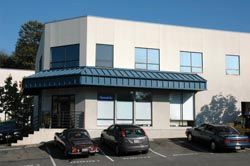
After more than 30 years in the business of sound, Symetrix's four brands now serve the installation, broadcast, and recording markets from this Mountlake Terrace, WA headquarters.
SCN: You've said that SymNet is currently the fastest growing of your company's four brands. How has the commercial installation market influenced your engineering process?
DB: The commercial installation market forces us to constantly ask the question, "What can we do to play well with others?" Strictly adhering to standards, putting the right kinds of connectors on a box, working with external system controllers, creating software that is quick and easy to learn-these things are certainly not unique to the contractor market, but they're critically important to us, our customers, and our strategic partners, including speaker, amp, microphone, and controller manufacturers.
SCN: Developing new products has been important to Symetrix, but do you often look at existing gear in the marketplace and look for ways to improve it?
DB: Definitely. For an example, Symetrix manufactures an analog voice processor called the 528E. It started life as the 528 in the mid '80s and became ubiquitous in radio stations across the U.S. After building it for eight or nine years it was clear to us that we could reduce noise in the EQ section by 5-6dB and improve the mic preamp performance by a few dB as well. We made the changes and re-launched the product as the 528E. It's one of the few remaining purely analog products we make.
SCN: How would you finish the following sentences:
Music school taught me... that there are plenty of people out there that can play better than I can.
When I started working in recording studios...I discovered that tube consoles also work well as space heaters.
DSP is to audio as...water is to fish.
